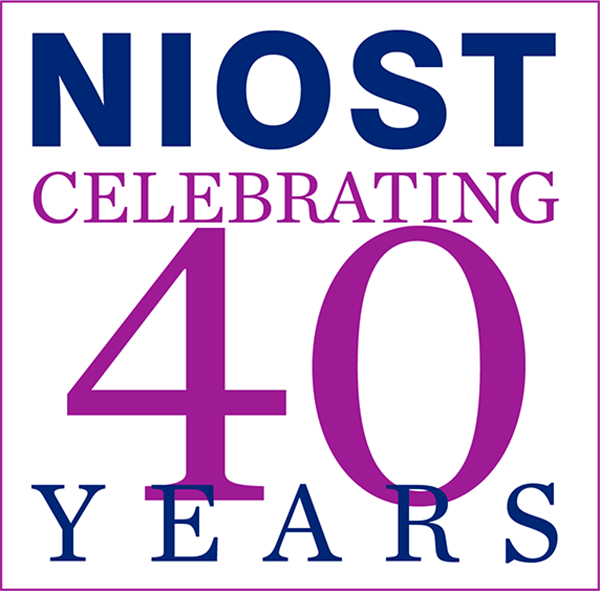Create Fun Summer Learning Experiences for Youth
June 13, 2018
Hall notes that gaps in educational achievement—as well as in social and behavioral skills—generally begin during a child’s first five years of life, most often as a result of limited access to quality early care and learning opportunities. This can have long-term implications; for example, Hall notes, low-income children and youth in more disadvantaged populations are more likely to not graduate high school. Summer programming—such as summer school and camps—can provide meaningful opportunities to continue building skills that contribute to academic and life success.
“Our research shows that higher quality summer learning programs are often developed utilizing formal curriculum with training and coaching for the staff, and then they’re implemented with stronger organization and management of the academic learning time,” said Hall. “These programs offer youth many opportunities to feel challenged and build supportive relationships with adults and peers.
Hall acknowledges that for many youth, participating in a formalized summer program is not a reality. Her suggestions for families looking to create their own learning experiences include:
Schedule weekly one-hour visits to the local library
Take the time to mull through the shelves, read a few pages, and to check out one or two books each week; read for 20-minutes every morning or night.
Visit aquariums, and zoos
Many museums, aquariums, and zoos will make discounted tickets and free passes available, sometimes through the local library. Visit one of these fun, stimulating programs every other week—plan ahead so that you can join some of the guided tours or take part in interactive programs at the sites.
Create and investigate
Cooking and baking, sculpting with homemade clay or Papier-mâché, making slime or conducting home-made science experiments—these activities require use of language arts, math, and science skills and can be fun 1:1 or in groups. Cook together, do a science project, and create one work of art each week.
Get out in nature
Go for a walk in a park, at a nearby reservation, along a river, anywhere in nature. Look at the trees, plants, birds, and bugs, try to identify them, and explore how they exist in that habitat (bring a book from the library or use helpful online apps and websites). Outdoor activities are a must as often as possible!
Play and eat well
A healthy brain is like a healthy heart—it needs exercise and healthy food to do its best work. Be sure to get a total of 60 minutes of aerobic activity every day—playing at the park, dancing, jumping rope, running, walking briskly. Eat fruit and vegetables and although it’s tempting, limit fast food to an occasional treat.
“By using creative ideas and allotting just a few hours each week, parents and caregivers can help close the achievement gap, while also having some fun with the youth in their lives,” Hall says.
NIOST supports the healthy development of children, families, and communities, and advances the OST field through our research, training, advocacy, and tools. Hall’s research has informed national standards of practice on youth wellbeing and quality programming.



